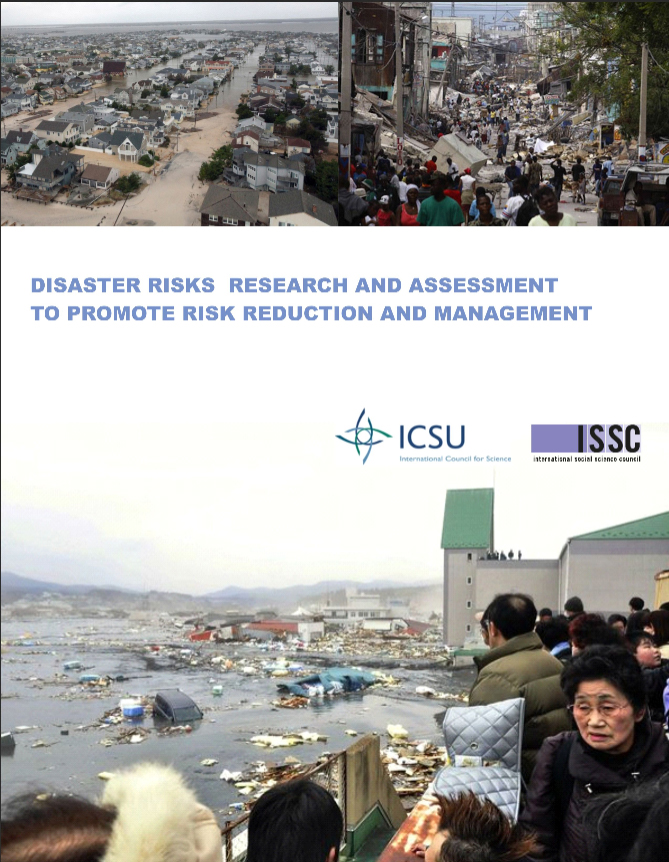A review and synthesis paper of the basic knowledge of natural hazards, vulnerabilities, and disaster risks, which aims to highlight potential contributions of science to disaster risk reduction, has been released on the occasion of the World Conference on Disaster Risk Reduction in Sendai.
Disasters related to natural events continue to grow in number, intensity and impact. In many regions, natural hazards are becoming direct threats to national security because their impacts are amplified by rapid growth and unsustainable development practices. Reducing disaster risk is a foundation for sustainable development.
Science-supported approaches to disaster risk reduction and management can help communities and governments become more resilient and reduce the human and economic impacts of disasters. Science plays a significant role in all stages of both understanding disaster risk and its management. Scientists can do more to co-produce and deliver scientific knowledge on disasters and disaster risks for policymakers and society by providing robust, evidence-based frameworks and a variety of knowledge products (e.g., concepts, tools, technology, data, advices, training) for social policy engagement, development, and implementation.
An international, multidisciplinary group of experts has reviewed and synthesized basic knowledge of natural hazards, vulnerabilities and disaster risks. It aims to highlight potential contributions of science to disaster risk reduction. This was done in order to provide policy-makers with the knowledge necessary to assist risk mitigation and management. A paper on the subject was released on the occasion of WCDRR. The review was coordinated by the International Council for Science (ICSU), the International Social Science Council (ISSC) and IRDR programme.
The paper calls for significant improvements of existing assessment processes through scientific advice on disaster risks to support and catalyze disaster policy development and management across governments. Comprehensive periodic assessments of disaster risks from local to global levels should be undertaken by a high-level, transdisciplinary body of experts appointed by national governments together with international and intergovernmental scientific organizations dealing with disaster risks.
Through a participatory process of working with civil society and relevant stakeholders, this international body should produce a clear and unambiguous scientific view on the current state of knowledge in disaster risk, the potential socio-economic impacts of natural hazards, and the ways to reduce (if not prevent) significant human and economic losses. The development and strengthening of assessment process will facilitate the inclusion of cultural and cross-cultural perspectives. It will also produce robust, unambiguous evidence of economic, operational, and strategic benefits of using scientific knowledge and information to address hazard prevention, disaster mitigation, and response actions.
Download: Disaster Risks Research and Assessment to Promote Risk Reduction and Management
